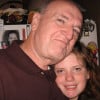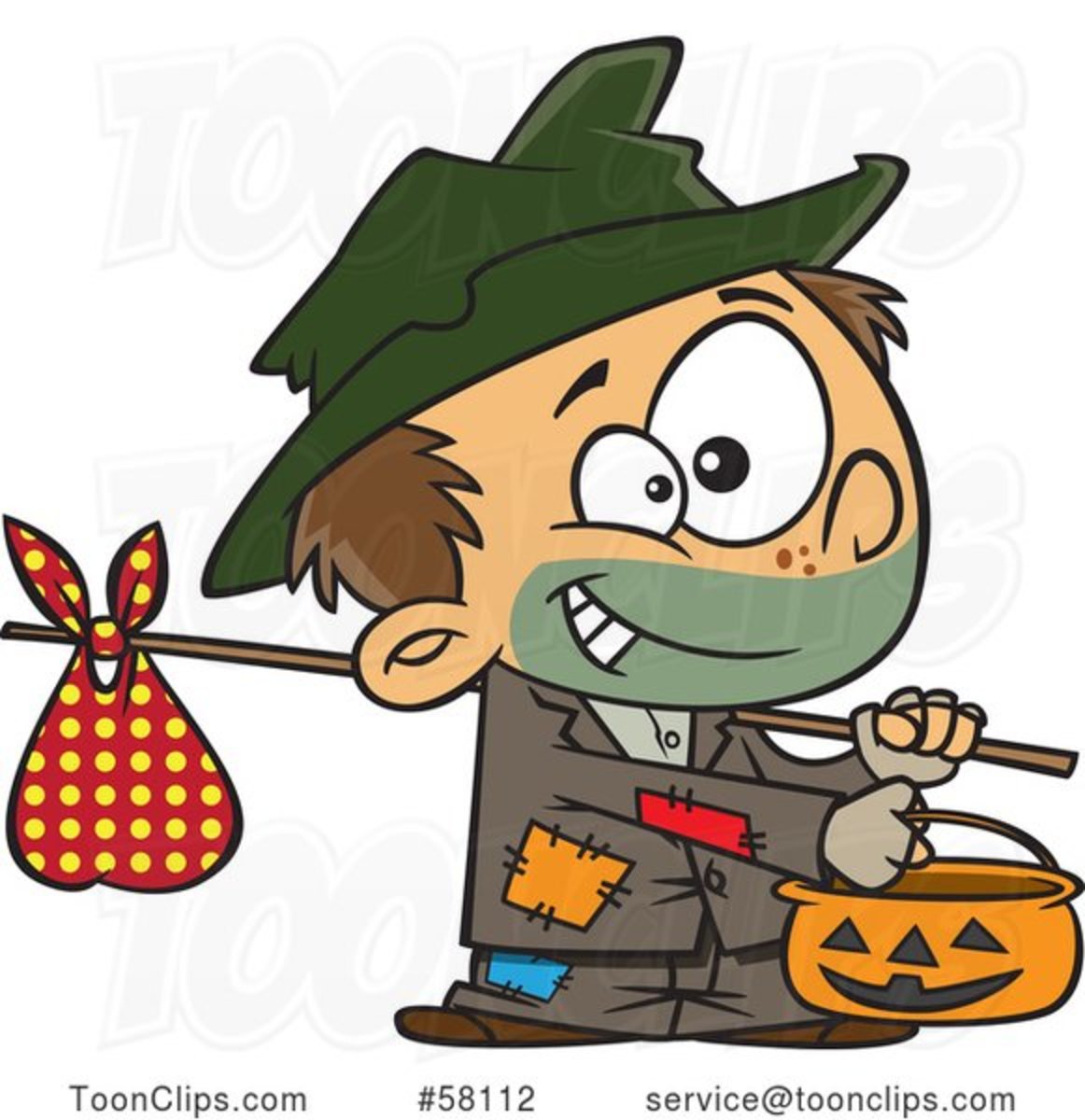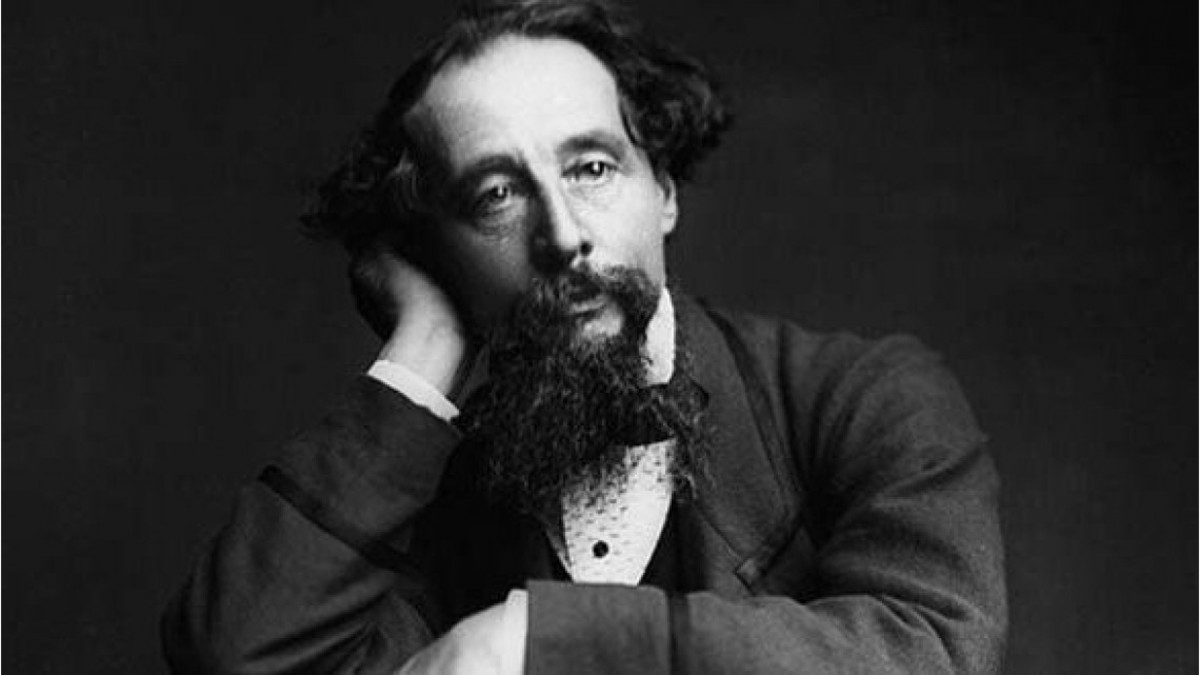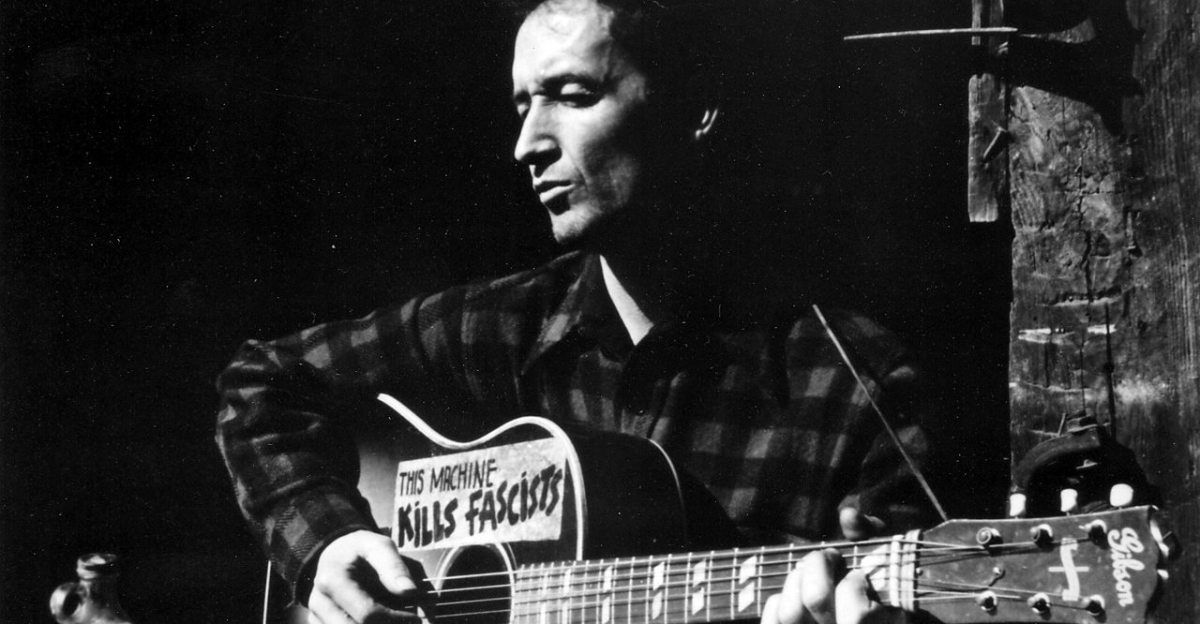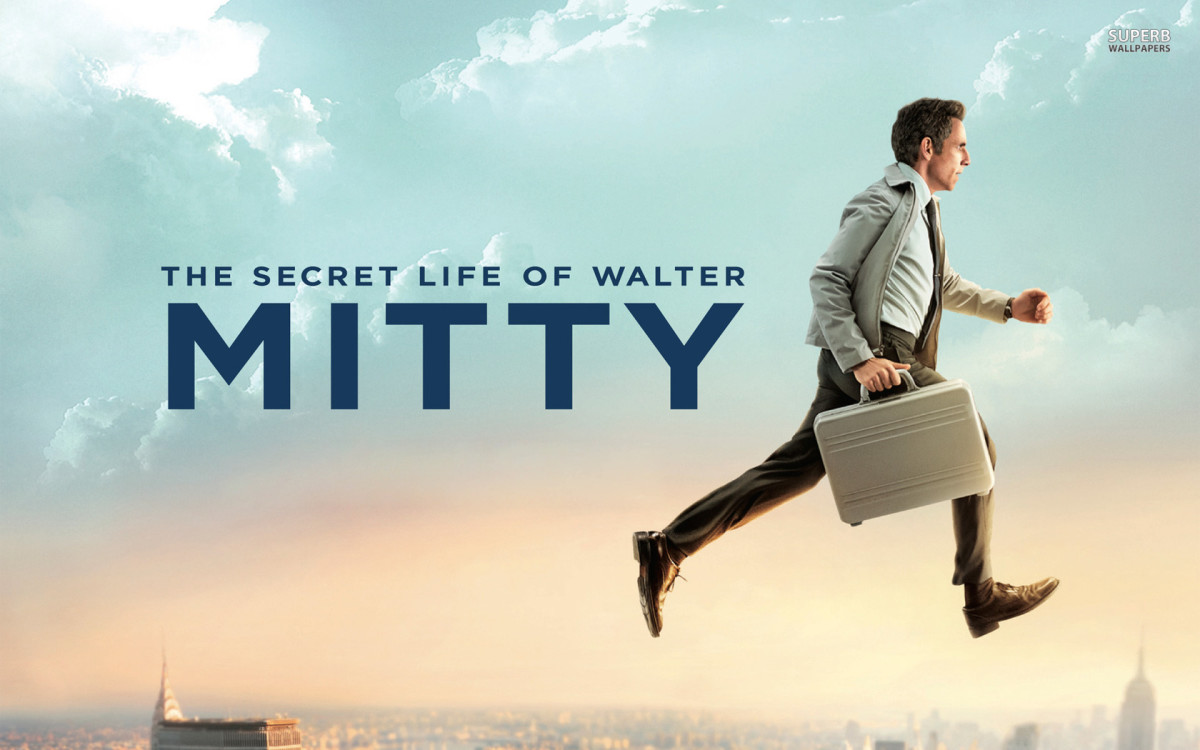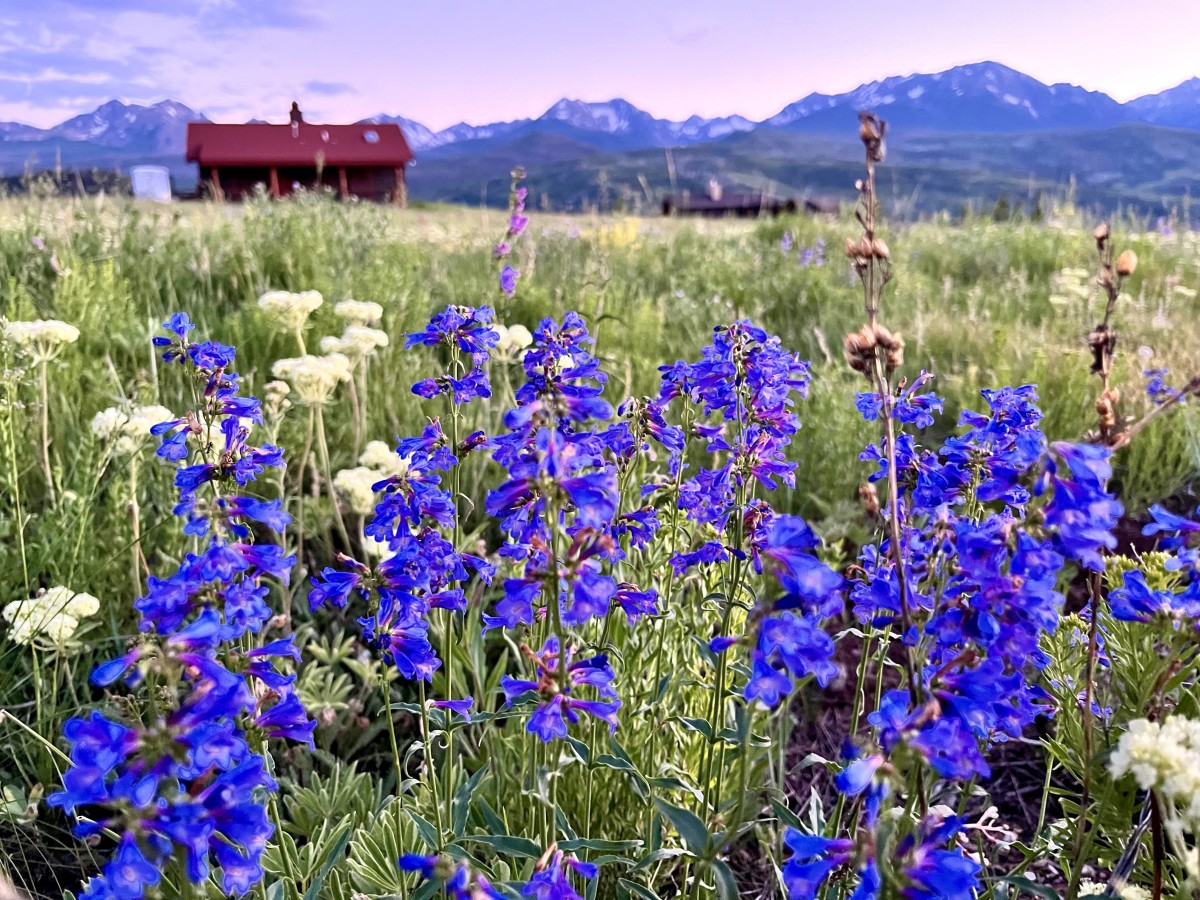The Secret Life Of A Hobo
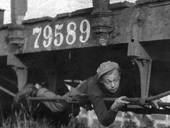
HOBOES WERE NOT WEAKLINGS
This is not a comedy story filled with asinine one-liners and slapstick humor references. This, to my knowledge, is the first of its kind in our HubPages Community, but if I'm wrong, forgive me. I just wanted to be the first at doing something. No harm intended.
Hobos. Unsung illegal heroes of American folklore. Nightmares for the nation's railway systems. Jimmy Rodgers, Father of Country Music, was once a hobo in his life and sang about hobos in a lot of his songs. Actually, there isn't anything that is alluring or romantic about a hobo or living the life of a hobo. The life of a hobo was really born out of necessity rather than cheap thrills one got from hitching a ride on a freight train. It was a fast-and-illegal means for men of the late 1920's, primarily after the stock market crash of '29, to travel from one town to the other in search of work. Let's be honest. Until you've walked in the worn-out shoes of a hobo, don't sit in an easy position of judgement and cast stones at these forlorn men of this dark time in American history.
Most hobos, contrary to ignorant public opinion, were not criminals, but honest men who were down to the bottom rung of life using what means they could find to support their families. Yes, "riding the rails" as it was laughingly called, was against the law, but for as many hobos that were caught and thrown off the fast-moving freight trains that went from town to town and state to state, there twice as many 'bo's' who made successful treks to outlying areas where jobs such as picking fruit in California were plentiful. But still, the life of the hobo was a life that could be heralded in accepted social circles. To the many clean-cut civilians, a hobo was a bum and that was his label at the time.
A hobo's life was not glamorous as the Hollywood movie studios portrayed. The late, legendary actor, Lee Marvin, starred along with Ernest Borgnine and Keith Carradine in a hobo cult classic called, "The Emperor of The North Pole," where Marvin was cast as a hobo hero that was able to ride most any freight train he wanted except for the one where Borgnine was acting as the head bull, or man of authority hired by the railroad to be their private police officer to keep their boxcars hobo-free. Keith Carradine played the role of an amateur, cocky young hobo wannabe who Marvin took under his wrinkled coat to show him the ropes of survival in the 'hobo jungles' that cropped up all across the Mid-West section of the United States.
In all actuality, a hobo's life was rough to say the least. It was a matter of life and death to many hobos who were scraping to get by by doing things such as panhandling, or down-right begging for a handful of valuable change just to get a few slices of bread or a needed-cup of hot coffee to fight the chill of a winter morning. Many hobos who missed a step in catching their designated train, fell to their death on the rails underneath the train--leaving the world as just another faceless human being without any identity to speak of. In short, a professional hobo had to be in tip-top shape to be able to run fast enough to get aboard his train that started picking up speed once it left the trainyard. Most hobos were sly enough to sneak into boxcars the night before the train left the next morning. It took wits and nerve to be a good hobo.
The only jailable offense that any railroad company could levy against a hobo was that of trespassing and most hobos were let go with a stern warning by the 'bulls' who guarded the trains as if they were hauling solid gold. And most 'bulls' resorted to extortion to make for themselves some extra cash or change the hobos who were caught had in their pockets. Which was worse--the lowly hobo or the greedy 'railroad bull'? Hard choice to make.
In the various 'hobo jungles' that were set up on the outskirts of most towns, is where a hobo might find a hand-out from a fellow hobo who had scored some left-over coffee or maybe some day-old bread that was tossed out by a non-caring grocery store. A hobo was not prideful when it came to finding his next meal. Many hobos took to standing in dark alleys out of the sight of the police and simply begging for what they might get from society's working class. A nickel here. A penny there. It meant the world to a man who one day had a family, a nice home and a lucrative job only to be destitute overnight when the stock market hit rock bottom in 1929 propelling most men to seeking whatever work they might find to fill their bellies and take care of their wives and children. Hunger, like poverty, is no respecter of persons.
When American industry and business began to get back on their feet, the hobo began to fade from American history as did the once-powerful freight trains that ran on coal or steam. These iron monsters were replaced with the more-efficient diesel-powered trains that were faster, cleaner and able to haul more goods from coast to coast.
One thing changes another. So was the life of the hobos. This story is dedicated to the many nameless hobos who fought the cold, rain, and odds of sheer survival on a daily basis--doing what was necessary to live and possibly maintain a decent life. And this is also dedicated to the unmarked graves that lie in the shadows of the once-traveled railroads of our country.
The graves hold the simple remains of simple men. Men without honor or pride. But helped to carve for themselves a place in our stories, tales told by the aged, and in the songs that some Americans sang with mentions of men who were only known as hobos.
